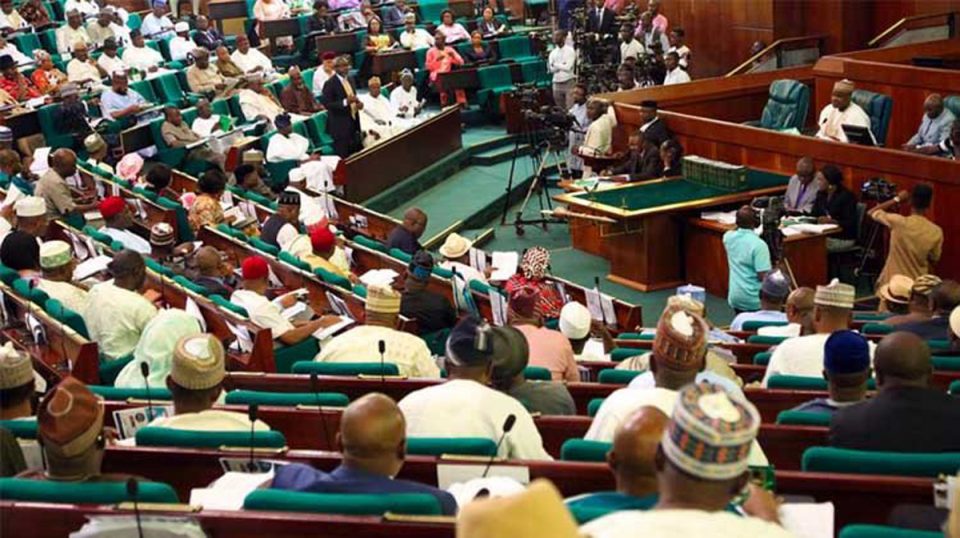The House of Representatives Committee on Public Accounts has invited the Ministry of Industry, Trade and Investments, Niyi Adebayo; Minister of Justice and Attorney-General of the Federation, Abubakar Malami (SAN); and the Federal Inland Revenue Service to come forward and to explain why some companies were not given a certificate of acceptance before being allowed to enjoy tax holidays.
The committee issued the invitation based on a disagreement between the lawmakers and the management of Nigeria Agip Oil Company over the desirability of the certificate as a prerequisite for enjoying tax holiday by companies operating in Nigeria.
Chairman of the committee, Oluwole Oke (PDP), had at the investigative hearing on Friday insisted that the certificate of acceptance was a necessity to claim capital allowances and enjoy tax holiday.
The Divisional Manager, Tax and JV Coordination, NAOC, Oluwole Agbede, however, said the certificate was not needed due to the nature of their work.
Explaining why Total Exploration and Mobil Producing should have the certificate while Agip should not, Agbede noted that the two companies could have such a certificate for their offshore operations.
Agbede also noted that Agip had three sister companies that shared the same management and the same costs as well as file transferring same transfer pricing reports.
He stated that the NAOC did not have a certificate of acceptance from the Federal Ministry of Industry, Trade and Investments to claim capital allowances from the government.
Responding to a question on why the Agip did not have the certificate, Agbede said under the Petroleum Profit Tax, the certificate was not a requirement to claim capital allowances.
Agbede added, “We claim capital allowances based on the 20 per cent of the JV agreement that belong to us. We have a JV agreement and the NNPC is the principal partner with 60 per cent of the assets of the operation.
“The other JV partner, Oando, has 20 per cent while Agip has 20 per cent. When we incur the expenses, we distribute; and based on that, we share the percentage. Each of the partners will go back and prepare its tax return based on the share of the oil.”



